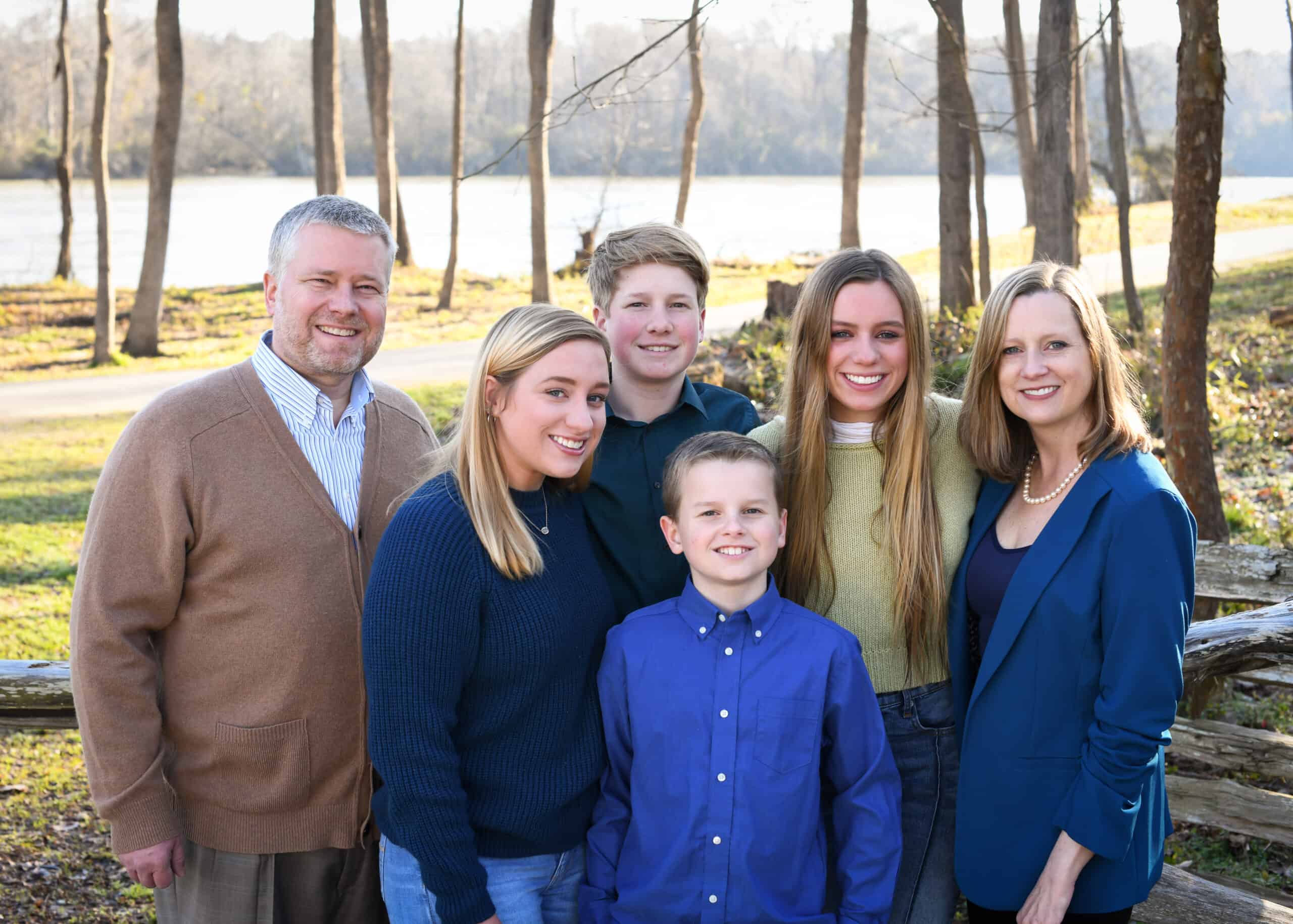
With a mission to elevate the diverse voices and perspectives of the metastatic breast cancer (MBC) community, Susan G. Komen® has launched a new MBC Steering Committee. The committee is comprised solely of people living with MBC and seeks to ensure the unique needs of the MBC community are integrated across Komen’s programs and initiatives.
Committee member Dr. Maren Coffman has served as an MBC patient advocate with other cancer organizations and advised Komen on the development of the MBC Impact Series. With a Ph.D. in nursing and as a professor at the University of North Carolina at Charlotte, she brings her extensive background as a researcher and Latinx advocate to the committee.
“I know as a researcher, communities and vulnerable populations have long been frustrated when organizations come in and decide what they need without listening to their voice – without getting their opinion first. I’ve always been sensitive to that, especially as I’ve worked extensively with vulnerable populations,” Dr. Coffman said. “Until you go through that process and listen to your population, you won’t get their buy-in, and you won’t succeed.”
Dr. Coffman was originally diagnosed with early-stage breast cancer in 2014, which ultimately metastasized to her brain, bones and liver five years later when she was 49 years old.
“When I was diagnosed with MBC, the first thing I did was started looking for people like me. I desperately needed to connect to a community and other women who were experiencing the same thing I was. I went to my hospital system first and asked to be connected with somebody else, and they didn’t have any process in place to give me the names of other women with the same diagnosis,” Dr. Coffman said.
“I took it on myself to try and locate other people like me. Once I started finding people, I really wanted to see a group continue to grow and flourish in my local community. I tried some national level advocacy at first and still do some work on the national level, but I felt like my own community is where my services and my strengths lie and where I can have the greatest impact.”
In preparing to serve on Komen’s MBC Patient Advocate Steering Committee, Dr. Coffman conducted an online survey and received more than 600 responses from people living with MBC, family members and caregivers — valuable feedback she plans to bring forward for discussion and action.
“People living with MBC want to connect with people locally and have a very similar story to mine in terms of wanting to find others with MBC and struggling to do so. I want hospital systems and other nonprofits out there to hear that and to know that we’re here, we’re different than the early-stagers and we have different needs. There’s a lot of education that needs to be done around that. We’re often lumped in with everybody else in terms of the breast cancer community,” Dr. Coffman said.
“Meeting the needs of someone who’s having surgery and followed by some medication are not the same as supporting somebody who has a terminal illness. Support programs have hardly been touched in terms of meeting the needs of the MBC community, and I think they could make a huge difference in the quality of life of people who reach out and really want that. Support programs are not for everybody, but for those of us who benefit from communicating, connecting — especially face-to-face with other people — can really be a meaningful aspect of our care.”
Learn more about the MBC Steering Committee and meet the members here.
Statements and opinions expressed are that of the individual and do not express the views or opinions of Susan G. Komen. This information is being provided for educational purposes only and is not to be construed as medical advice. Persons with breast cancer should consult their healthcare provider with specific questions or concerns about their treatment.



